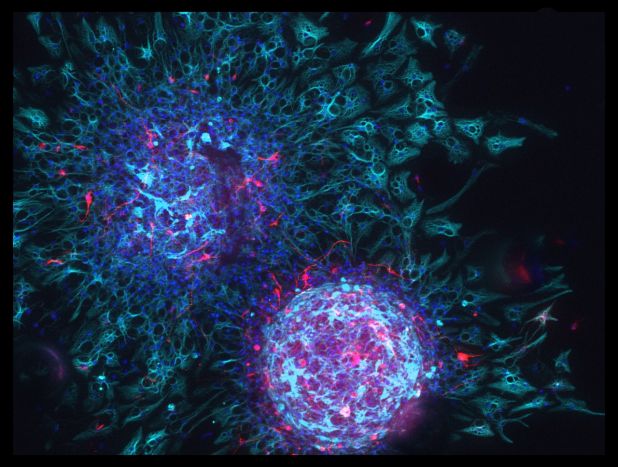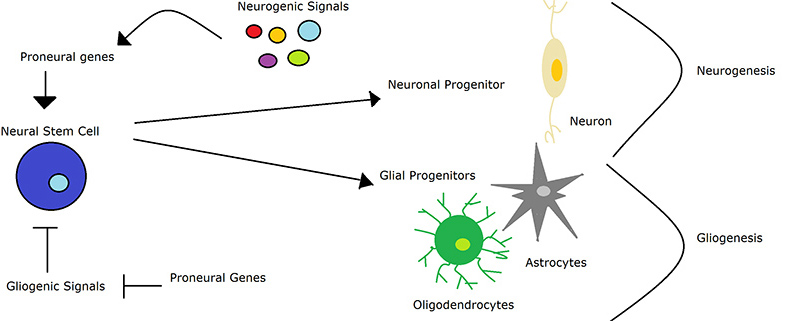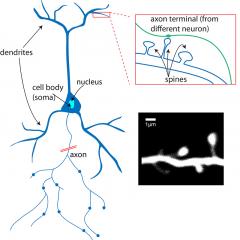Neurogenesis is the process by which new neurons are formed in the brain. Neurogenesis is crucial when an embryo is developing, but also continues in certain brain regions after birth and throughout our lifespan.
The mature brain has many specialised areas of function, and neurons that differ in structure and connections. The hippocampus, for example, which is a brain region that plays an important role in memory and spatial navigation, alone has at least 27 different types of neurons.
The incredible diversity of neurons in the brain results from regulated neurogenesis during embryonic development. During the process, neural stem cells differentiate—that is, they become any one of a number of specialised cell types—at specific times and regions in the brain.

Stem cells can divide indefinitely to produce more stem cells, or differentiate to give rise to more specialised cells, such as neural progenitor cells. These progenitor cells themselves differentiate into specific types of neurons. As seen in the diagram below, neural stem cells can also differentiate into glial progenitor cells, which give rise to glial cells such as astrocytes, oligodendrocytes and microglia.

Until recently, neuroscientists believed that the central nervous system, including the brain, was incapable of neurogenesis and unable to regenerate. However, stem cells were discovered in parts of the adult brain in the 1990s, and adult neurogenesis is now accepted to be a normal process that occurs in the healthy brain.

